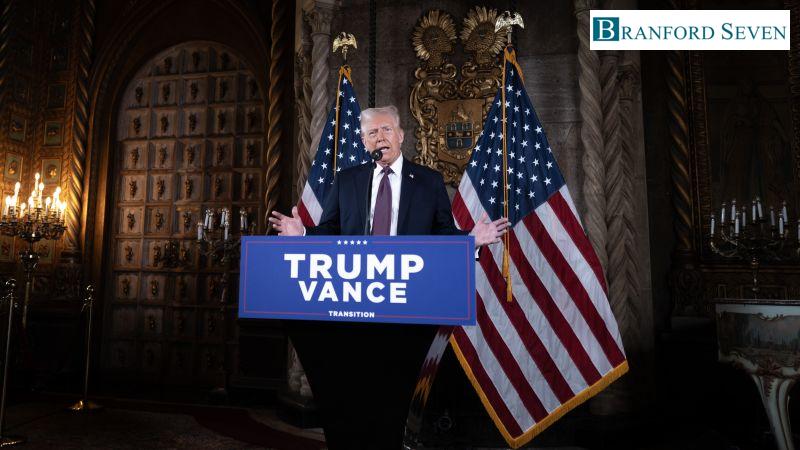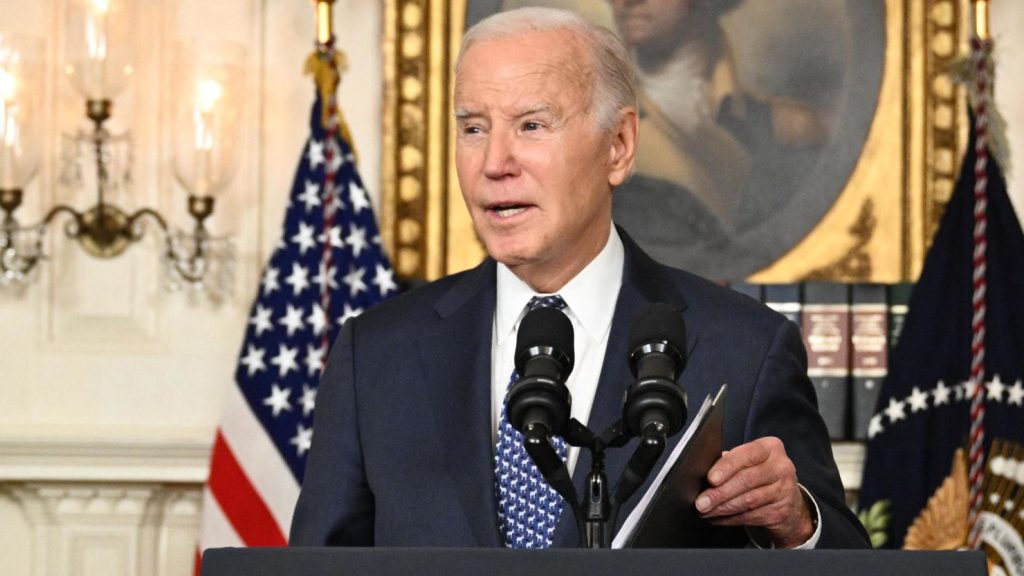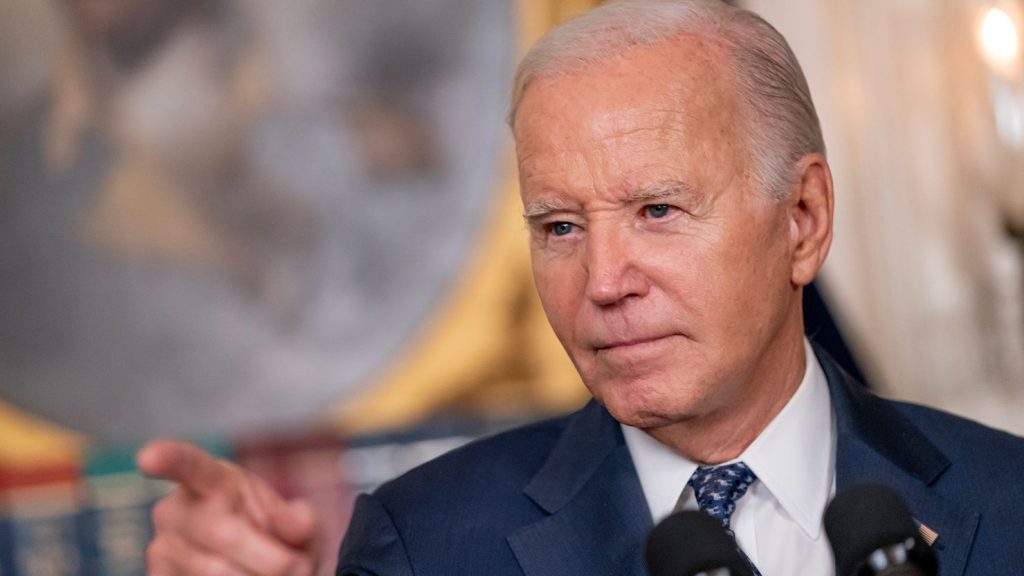Recently, former President Donald Trump has stirred up quite a buzz with his comments about Canada possibly becoming the 51st state of the United States. As many people grapple with the implications of this notion, various leaders in Canada have openly criticized these statements, emphasizing just how serious this topic is for their country.
Donald Trump’s role in Canada’s future
Trump’s remarks about Canada aren’t new. However, they seem to have reached a new level of seriousness. After previously suggesting that Canada could join the U.S. as the 51st state, he now claims he would consider using “economic force” instead of military action to make this happen. This topic has left many feeling uneasy as they wonder about the future of their nation’s sovereignty.
Canadian leaders react
In response to Trump’s declarations, Canadian leaders have voiced their concerns loud and clear. Canada’s Finance Minister Dominic LeBlanc labeled Trump’s comment as “no longer a joke,” expressing disdain for the chaos he believes Trump is trying to create. Meanwhile, Prime Minister Justin Trudeau has reaffirmed that Canada is not in any position to be treated like a pawn in Trump’s geopolitical game. They emphasize Canada’s independence and the need to maintain strong, respectful relations with their American neighbors.
Concerns over trade and economic implications
Many in Canada worry about the economic pressures that could arise if Trump continues his tough talk. LeBlanc highlighted that discussions are ongoing regarding enhancing border security to safeguard Canadian trade. After all, Canada is a major supplier of oil and other products to the U.S. which makes these trade relations incredibly important. If tariffs or economic sanctions were to be employed, it could hurt both economies significantly.
Understanding Trump’s perspective
Despite facing backlash, Trump’s rhetoric seems to echo a deeper belief in his approach to foreign policy. He often depicts Canada as benefiting disproportionately from U.S. generosity. He has called Canada a “freeloader” on defense spending. This assertion is controversial, as many Canadians feel they contribute to the safety and stability of North America.
Potential for misunderstandings
Trump’s comments have not only rattled Canadian political figures but have also caused conversations among everyday citizens about U.S. intentions. A resident from Greenland expressed discomfort with Trump’s remarks, stating that such comments can create misunderstandings and fears. As both governments navigate these conversations, it’s clear that clarity and respect will be crucial for maintaining friendly relations.
What’s next for Canada?
As Canadian officials prepare for a potential fallout, they continue to assert their economic strength. Leaders have mentioned that their oil exports play a major role in the U.S. energy supply, providing approximately 60% of the U.S. crude oil imports. This economic backdrop gives Canada a significant position as they engage with the Trump administration.
The bigger picture
Trump’s comments reflect a larger trend in his approach to global politics, often considering how to put the U.S. first through somewhat aggressive negotiations. His views could be perceived as a modern twist on the Monroe Doctrine, which historically discouraged outside powers from interfering in the Americas. However, not everyone believes this approach is in the best interests of international relationships.
| Concerns Raised by Canadian Leaders | Trump’s Statements |
|---|---|
| Economic Pressure | Potential use of “economic force” to annex Canada |
| Trade Relationships | Claims Canada benefits disproportionately from US trade |
| Disrespect for Canada’s Sovereignty | Comments about Canada as a “freeloader” on defense |
The conversations around Trump’s comments and Canada’s response are ongoing, showcasing a complex interplay between national pride and international relations. As the world watches, leaders will need to balance their assertiveness with diplomacy in these uncertain times.



